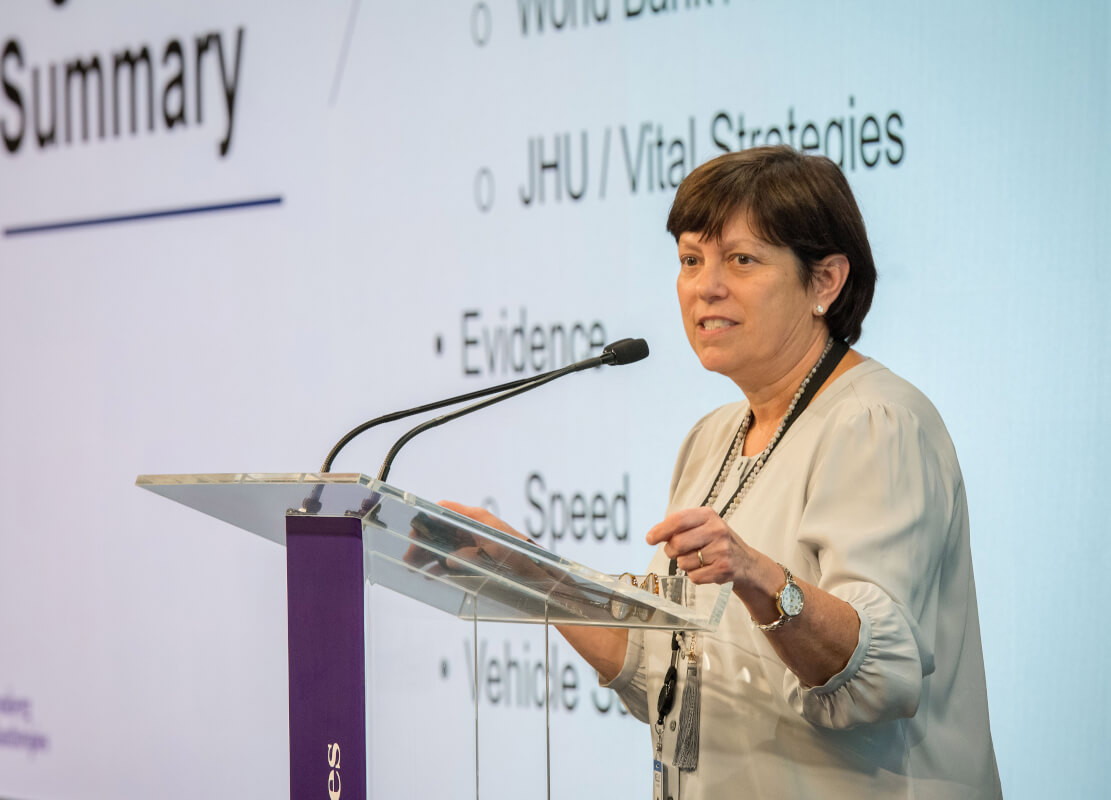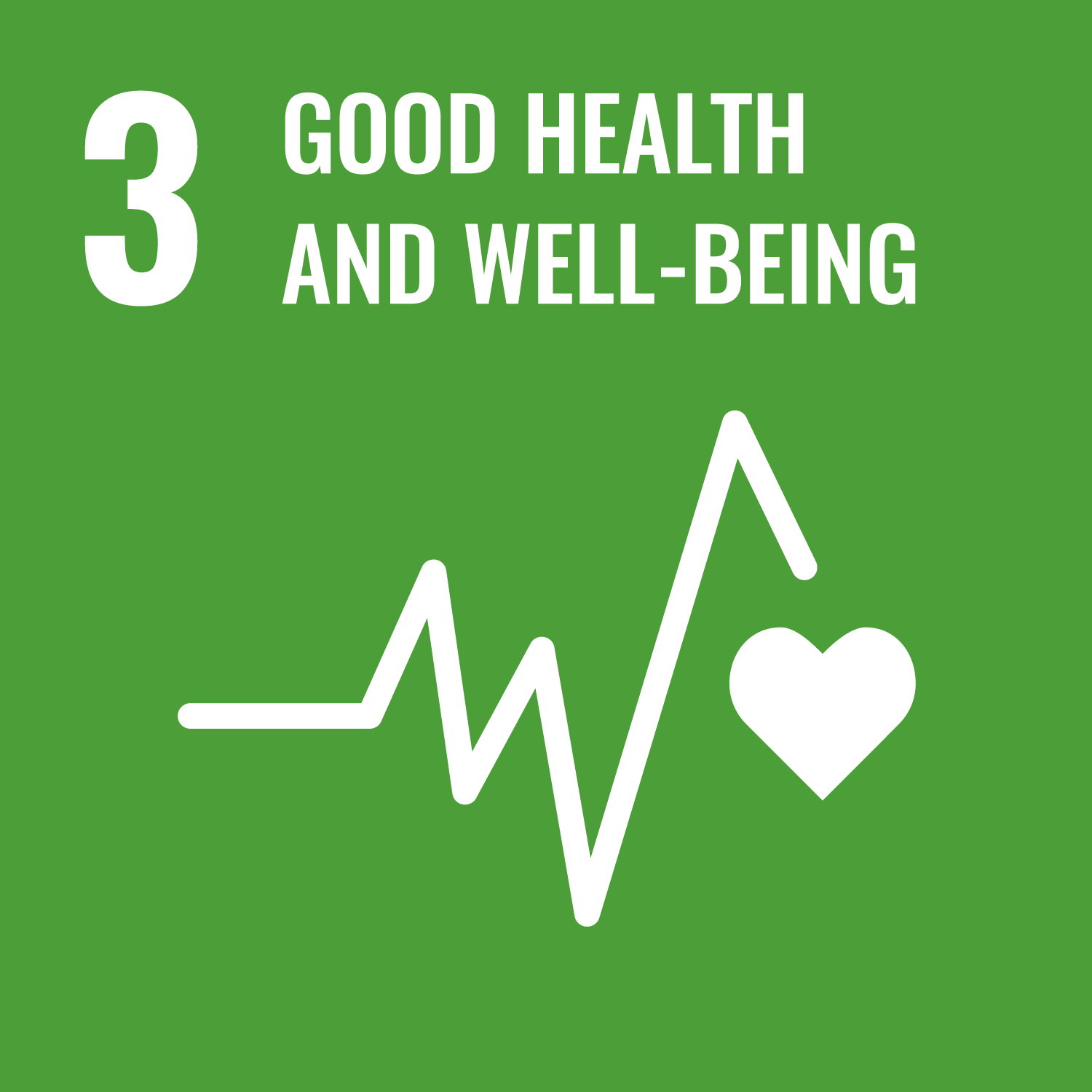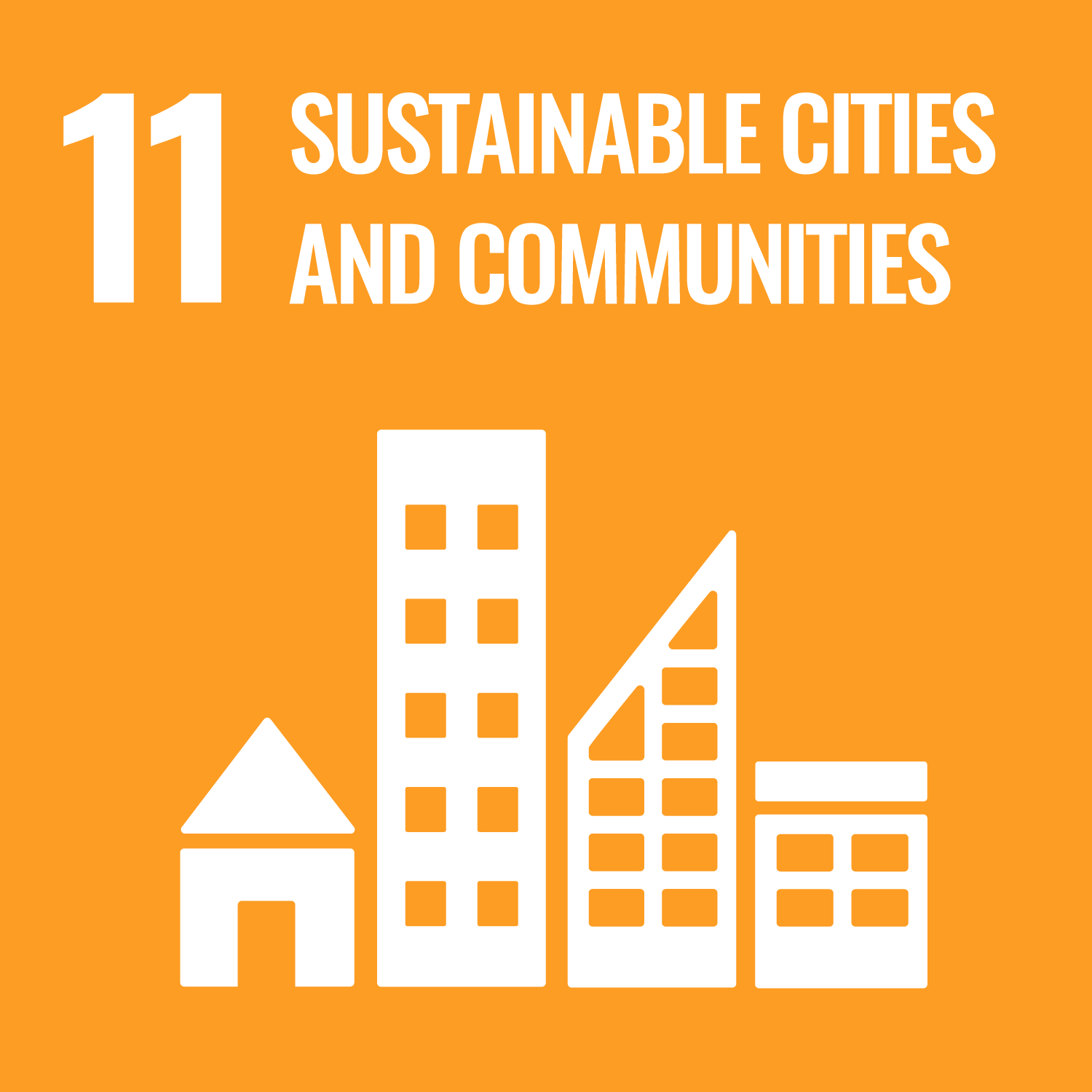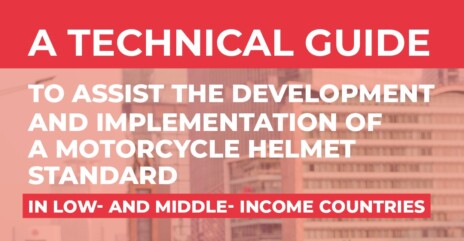Bloomberg Initiative for Global Road Safety
The Bloomberg Philanthropies Initiative for Global Road Safety (BIGRS) is a multi-country programme that aims to reduce road crash fatalities and injuries, supported by Bloomberg Philanthropies. In 2020, the BIGRS commenced its third phase, which is a US$240 million initiative that builds from the success and impact of the RS10 phase (2010 – 2014) and the BIGRS phase 1 (2015 – 2019), which together saved up to an estimated 312,000 lives and prevented up to 11.5 million injuries—please, read the research paper here.
The new phase of the BIGRS will run until 2025 and aims to save 600,000 lives and prevent up to 22 million injuries in low- and middle-income countries.
Priority countries of the new BIGRS phase include:
Argentina, Bangladesh, Brazil, China, Colombia, Ecuador, Ethiopia, Ghana, India, Kenya, Malaysia, Mexico, Uganda, Ukraine, and Viet Nam.
Priority cities of the new BIGRS phase include:
Accra, Addis Ababa, Bengaluru, Bogota, Buenos Aires, Cali, Campinas, Chattogram, Córdoba, Da Nang, Dhaka North, Guadalajara, Guayaquil, Hanoi, Ho Chi Minh City, Kampala, Kuala Lumpur, Kumasi, Maharashtra State, Mexico City, Mombasa, Mumbai, New Delhi, Pune, Quito, Recife, Sao Paulo, and Salvador.

After more than a decade of working with our international and in-country partners, we know which policies and interventions are saving lives. By increasing our commitment, we can double our impact by leveraging the many lessons we’ve learned and adopting new approaches that we believe will accelerate progress.Dr Kelly Henning Director of Public Health at Bloomberg Philanthropies

240
Million

28
Cities

15
Countries
Programmatic Focus
The Global Road Safety Partnership is an implementing partner of the BIGRS and focuses on three key programmatic areas:
These programmes are integrated into the broader initiative which focuses on the following interventions:
- Increase efforts to strengthen national road safety laws in 15 countries that account for roughly 60% of all road traffic deaths globally.
- Support up to 30 cities to effectively implement best-practice road safety activities, including running hard-hitting media campaigns to raise road user understanding of risk factors, training police in best practice enforcement, and redesigning high-crash, high-fatality corridors and intersections.
- Help more governments regulate vehicle safety standards and raise consumer awareness to demand safer cars, so that all top-selling cars meet the UN safety recommendations in targeted low- and middle-income countries.
- Reduce deaths on high-mortality roads, including interstate highways, through reduced speed limits, wider use of helmets and seatbelts, and fewer drivers speeding and drinking and driving.
- Improve and enhance collection of road crash data to more accurately capture fatalities and injuries, measure impact of policies, and prioritize interventions to reduce deaths and injuries.
- Launch the “Awards for Outstanding Excellence in Road Safety” to identify and promote exemplary road safety efforts that are saving lives in low- and middle-income countries, and to increase media and government attention to the high burden of road traffic fatalities and injuries.
Related news






